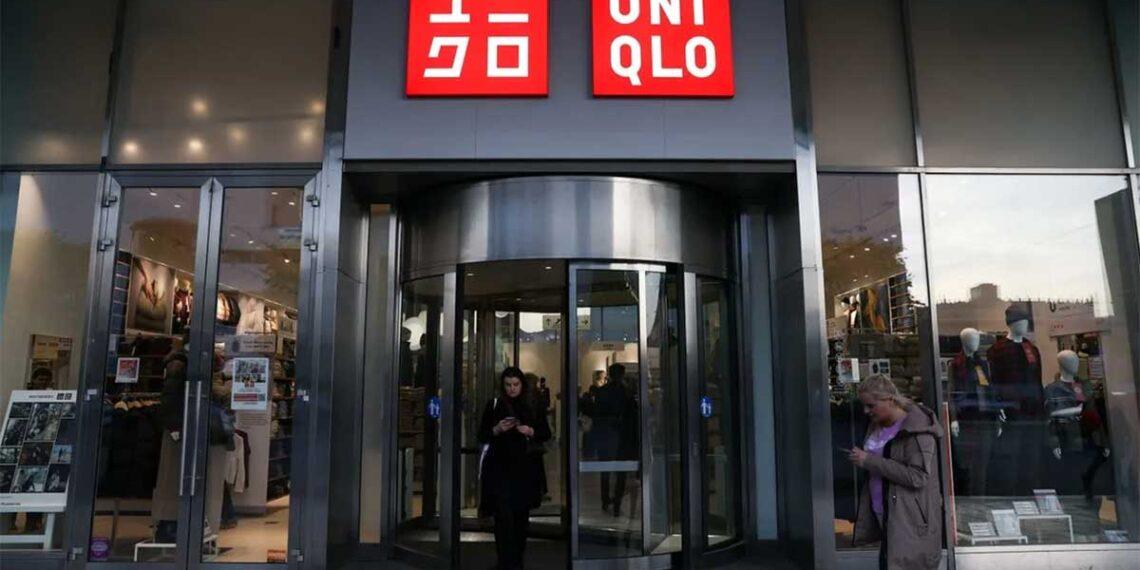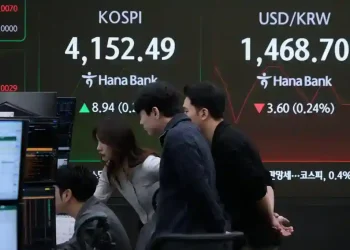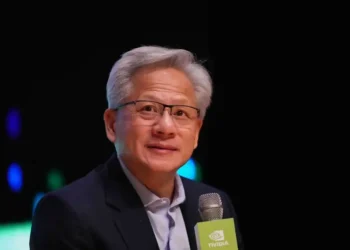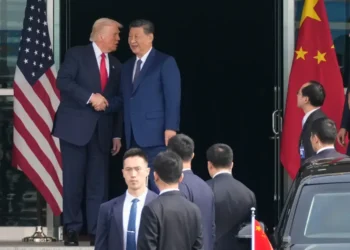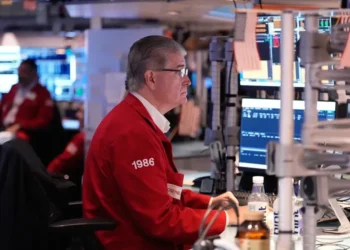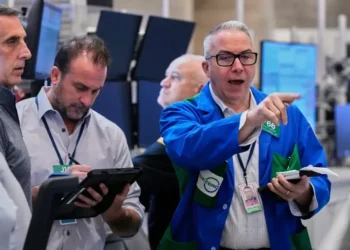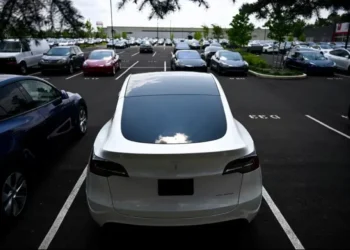Uniqlo Faces Boycott Calls in China After CEO’s Xinjiang Cotton Comment
Uniqlo is facing growing calls for a boycott in China after its CEO, Tadashi Yanai, stated that the Japanese clothing brand does not source cotton from Xinjiang, a region in northwestern China. This comment comes amid ongoing allegations of forced labor in Xinjiang, where Uyghur and Hui Muslim minorities have been accused of being subjected to human rights abuses by the Chinese government.
In an interview with BBC, Yanai revealed that Uniqlo does not use cotton from Xinjiang. However, he quickly stopped short of elaborating, saying, “By mentioning which cotton we’re using… actually, it gets too political if I say anymore so let’s stop here.”
The comment has sparked outrage in China, with two hashtags related to Yanai’s statement going viral on Weibo, China’s popular social media platform. Many users expressed their anger at Uniqlo, with some vowing to never buy from the brand again. One user posted, “With this kind of attitude from Uniqlo, and their founder being so arrogant, they’re probably betting that mainland consumers will forget about it in a few days and continue to buy. So, can we stand firm this time?” Another user said, “It seems that I will have to stop buying Uniqlo in the future.”
An account on X (formerly Twitter), Shanghai Panda, with over 110,000 followers, urged Chinese consumers to reject Uniqlo, stating, “UNIQLO rejected Xinjiang cotton. Chinese must reject UNIQLO.”
Uniqlo, which is owned by Fast Retailing, has a significant presence in China, a key market for the brand. The company aims to expand its operations in the region, with Yanai mentioning the potential to increase the number of stores from 900 to 3,000 to better serve China’s vast population. Greater China, which includes Taiwan and Hong Kong, already accounts for over 20% of Uniqlo’s revenue.
This is not the first time a global brand has faced backlash in China over Xinjiang cotton. Companies like H&M, Nike, Adidas, and Tommy Hilfiger have all experienced consumer boycotts for pulling products made with Xinjiang cotton amid concerns over forced labor. In response, many of these brands have been hit by sanctions, with Chinese e-commerce platforms removing their stores and map apps removing their locations.
Xinjiang is a major cotton-producing region, known for its high-quality cotton. A 2022 U.S. federal report estimated that Xinjiang produced about 87% of China’s cotton and 23% of the global cotton supply in 2020 and 2021.
As the controversy continues, Uniqlo will likely face increasing pressure to navigate the complex political landscape surrounding Xinjiang cotton and human rights concerns.
This article was rewritten by JournosNews.com based on verified reporting from trusted sources. The content has been independently reviewed, fact-checked, and edited for accuracy, neutrality, tone, and global readability in accordance with Google News and AdSense standards.
All opinions, quotes, or statements from contributors, experts, or sourced organizations do not necessarily reflect the views of JournosNews.com. JournosNews.com maintains full editorial independence from any external funders, sponsors, or organizations.
Stay informed with JournosNews.com — your trusted source for verified global reporting and in-depth analysis. Follow us on Google News, BlueSky, and X for real-time updates.
